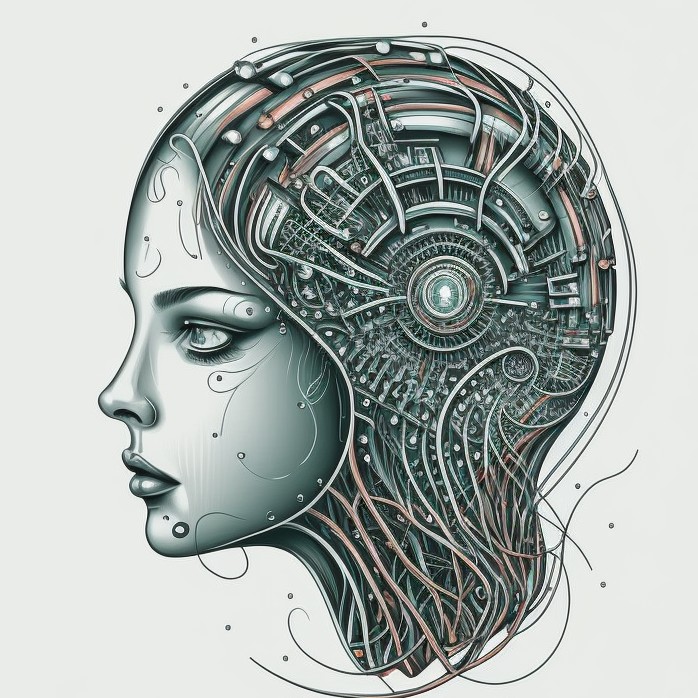ChatGPT in Italy: A Tug of War Between Innovation and Privacy
Balancing Act: Italy's Crucial Role in Navigating AI Innovation and Data Privacy
Italy's recent actions against ChatGPT have stirred a significant debate on the balance between technological advancement and data privacy. This article delves into the situation, exploring the complexities of AI's integration into society while adhering to strict privacy laws.
Italy's Stance on ChatGPT: Privacy Over Progress?
Italy became the first Western country to temporarily block ChatGPT due to data privacy concerns. The Italian Data Protection Authority, Garante per la protezione dei dati personali, cited breaches of the EU’s General Data Protection Regulation (GDPR). The primary issues included the mass collection and storage of personal data for training ChatGPT's algorithms, and concerns over child safety and the tool's potential to generate inaccurate information (TechCrunch, Euronews).
The GDPR Challenge
The controversy revolves around the GDPR, which requires a valid legal basis for processing EU citizens' data. OpenAI faced challenges here, as the GDPR’s conditions are stringent. The company initially cited “performance of a contract” for ChatGPT model training, which was rejected, leaving only two possibilities: consent or legitimate interests. However, given that OpenAI had not sought explicit consent from the countless web users whose information it processed, this became a contentious point (TechCrunch).
The Broader EU Perspective
The situation in Italy reflects broader concerns within the European Union about the use and processing of personal data by AI technologies. The enforcement of GDPR across EU countries and the ongoing development of new regulations specific to AI pose challenges for AI developers like OpenAI. It highlights the need for transparency in data usage and the importance of aligning AI developments with strict privacy norms (Euronews).
Global Implications and Future Steps
Italy's actions against ChatGPT might influence other countries to implement similar regulations. The ongoing dialogue between AI developers and regulatory bodies is crucial for shaping a framework where AI can thrive without compromising individual privacy. The incident in Italy serves as a case study for balancing innovation with legal and ethical considerations (Al Jazeera).
Conclusion
The situation in Italy underscores a critical aspect of AI integration into society – ensuring technological advancements do not override personal privacy rights. As AI continues to evolve, the dialogue between innovation and regulation becomes increasingly important, shaping the future trajectory of AI deployment worldwide.



